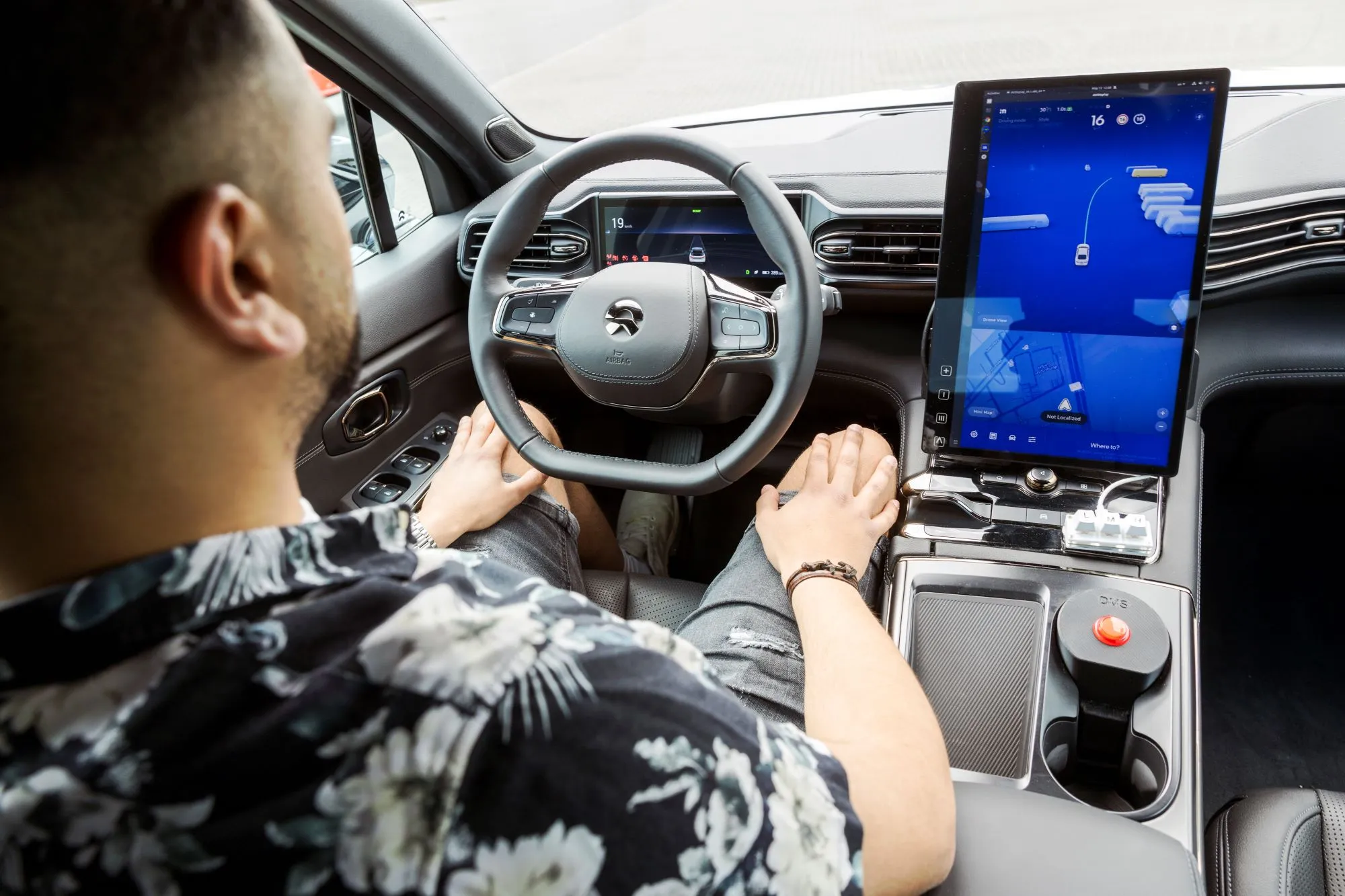A US$1.2 million three-year research project, one of the first major US studies to focus on 'eco-driving' techniques, conducted by the Center for Environmental Research and Technology at the University of California, Riverside, is aimed at the development of a next-generation, environmentally friendly driving feedback system with the goal of generating fuel savings of between 10 and 30 per cent. The project is being funded by a US Department of Energy grant, which is part of a $175 million federal programme
March 20, 2012
Read time: 2 mins
A US$1.2 million three-year research project, one of the first major US studies to focus on 'eco-driving' techniques, conducted by the Center for 4106 Environmental Research and Technology at the University of California, Riverside, is aimed at the development of a next-generation, environmentally friendly driving feedback system with the goal of generating fuel savings of between 10 and 30 per cent. The project is being funded by a US Department of Energy grant, which is part of a $175 million federal programme aimed at improving the fuel efficiency of the next generation of US vehicles.
Participants in the project include the University of California at Berkeley, Riverside Transit Agency, the2451 California Department of Transportation (CalTrans), 212 esri, 3516 Navteq, 4107 Earthrise Technology, 4108 Beat The Traffic, and Automatiks. Work on the project will be based out of the Center for Environmental Research and Technology at UC Riverside, while field tests will be performed by commuter and commercial travellers in Riverside and San Bernardino counties.
The three-year project aims to develop and demonstrate a comprehensive driver feedback technology that will improve fuel efficiency of passenger cars and fleet vehicles of businesses and government. This technology already exists on a small scale, but this study will make large advances in a fully integrated feedback system that includes better trip planning and routing, improved efficiency while driving, and comprehensive reporting on a periodic basis."This grant allows us to go beyond small, anecdotal studies to show, on a large scale, the significant positive economic and environmental impacts of eco-driving principles and the value of feedback systems," said Matthew Barth, the principal investigator on the project and the director of UC Riverside's Center for Environmental Research and Technology at the Bourns College of Engineering.
Participants in the project include the University of California at Berkeley, Riverside Transit Agency, the
The three-year project aims to develop and demonstrate a comprehensive driver feedback technology that will improve fuel efficiency of passenger cars and fleet vehicles of businesses and government. This technology already exists on a small scale, but this study will make large advances in a fully integrated feedback system that includes better trip planning and routing, improved efficiency while driving, and comprehensive reporting on a periodic basis."This grant allows us to go beyond small, anecdotal studies to show, on a large scale, the significant positive economic and environmental impacts of eco-driving principles and the value of feedback systems," said Matthew Barth, the principal investigator on the project and the director of UC Riverside's Center for Environmental Research and Technology at the Bourns College of Engineering.






